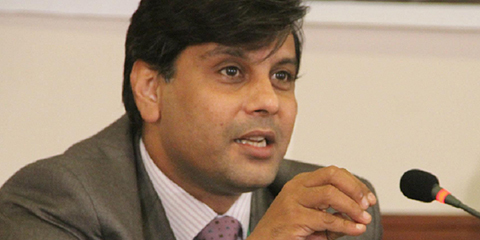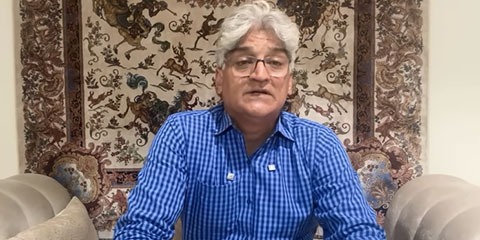Kenyan court orders legal action against police for Arshad Sharif's murder
JournalismPakistan.com | Published last year | JP Staff Reporter
Join our WhatsApp channel
ISLAMABAD—A high court judge has ordered the Kenyan government to take legal action against the police officers responsible for the killing of Pakistani journalist Arshad Sharif and has awarded Rs21.67 million to his family.
While ruling on the petition filed by Sharif's wife, BBC Urdu reported that Justice Stella Mutuku of the Kenyan High Court has declared the firing by Kenyan police officers on Arshad a violation of human rights and illegal.
The court has ordered the government to take strict disciplinary action against those who fired at Sharif. Justice Stella said that every person is equal before the constitution and law and has the right to live.
The judgment also said that there should be a thorough investigation into the killing of Arshad Sharif and the non-provision of information about the firing on him is a violation of the right to information.
Sharif left Pakistan in April 2022 following a no-confidence motion against former Pakistan Prime Minister Imran Khan and reportedly lived in Dubai and Nairobi, during his self-imposed exile. On the night of October 22, 2022, he was killed by police officers in Magadi area, 110 kilometers from Nairobi.
Born in Karachi, 49-year-old Sharif had held key positions in several Pakistani news channels. Before going into self-imposed exile, he was associated with the private news channel ARY but was fired after the fall of Imran Khan's government, which was announced by ARY a few days after he left the country.
Photo: Facebook

























